Autism is a word that brings many emotions to your heart as a parent and caregiver of your child.
The diagnosis can be overwhelming, and it leads to an effort to understand what the symptoms are, their nature, their causes, and, most importantly, whether the symptoms will become severe or fade away over time.
One question may raise curiosity in your mind: “Can autism go away with age?”
We understand that this question is filled with hope, uncertainty, and the desire for a bright future for your child.
We will help you understand what research says and how autism evolves over the years. We will also tell you what steps you should take to give your child a better future.
What is Autism?
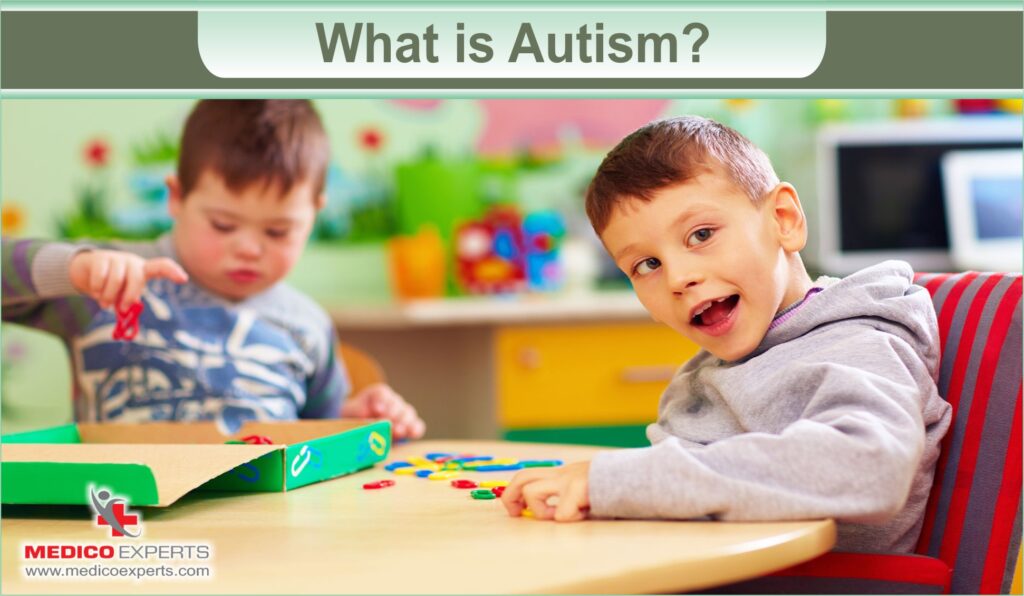
Autism, or Autism Spectrum Disorder (ASD), is a complex neurodevelopmental condition characterized by challenges in social interaction, restricted interests, and repetitive behaviors.
The term spectrum in ASD highlights the wide range of symptoms and skills the child with autism can have. Some may require significant support in daily activities, while others might live independently.
Learn more here
Can Autism go away with age?
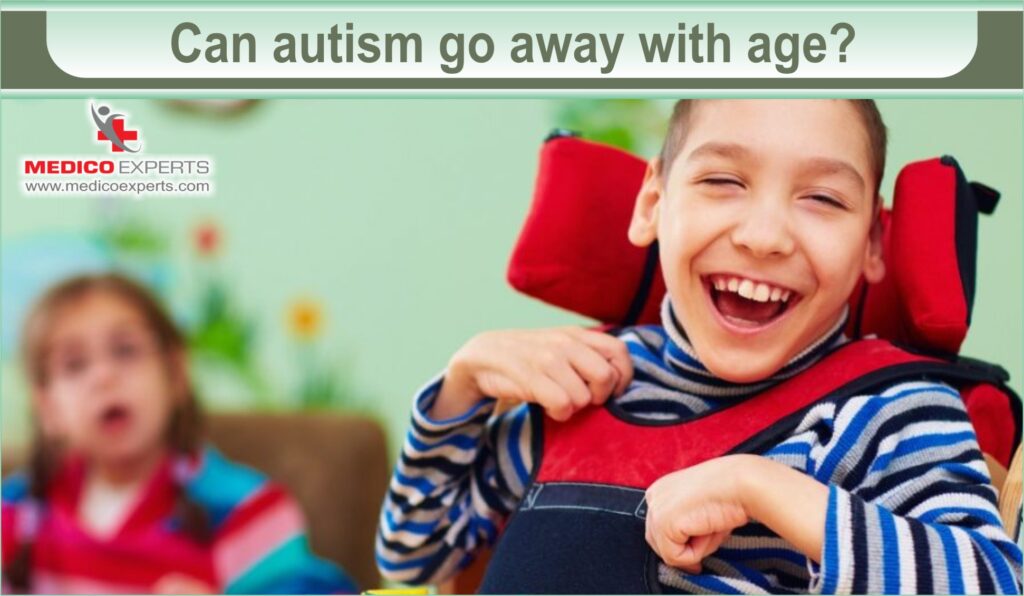
It will be easier for you to understand whether autism goes away with time if you understand the nature of autism as a spectrum.
But the simple answer to the question is that autism doesn’t disappear, but how it shows up can change as time goes on. Many children see significant improvements with the right support and interventions.
It is also possible for some to develop coping mechanisms that make managing certain aspects of autism easier.
Let’s help you learn about the causes of ASD first to get a clear picture:
What are the Causes of Autism?
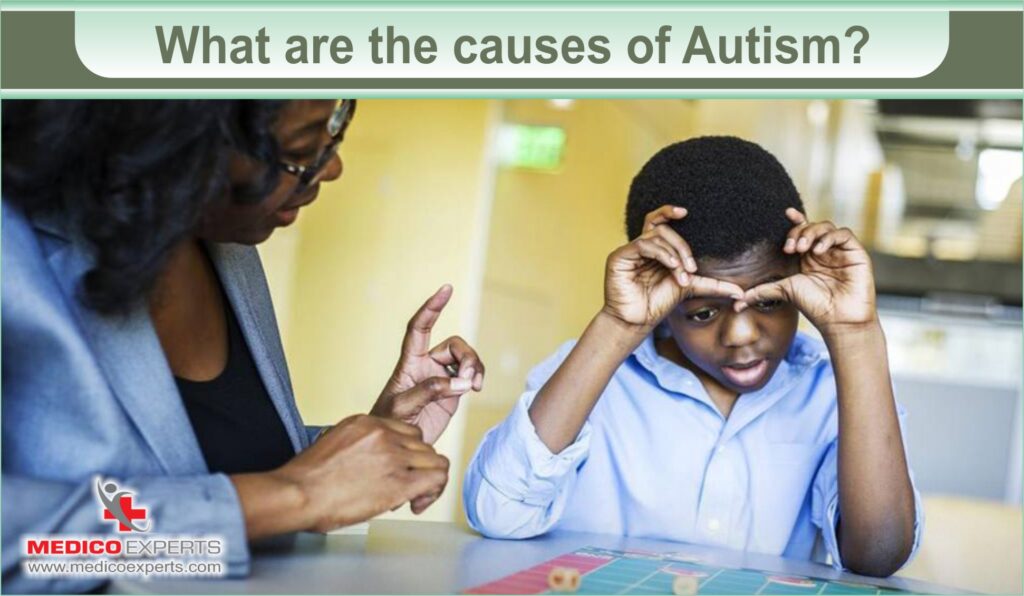
Understanding the causes of autism requires a nuanced exploration of various factors, reflecting the complexity of the condition itself. Here are the main contributors:
Genetic Influences:
Environmental Factors:
Brain Structure and Function:
Prenatal Conditions:
Understanding these causes helps in early diagnosis and tailored intervention plans, ensuring a supportive developmental path for those with autism.
To learn more about autism and its treatment options, contact us today.
How Common is Autism?
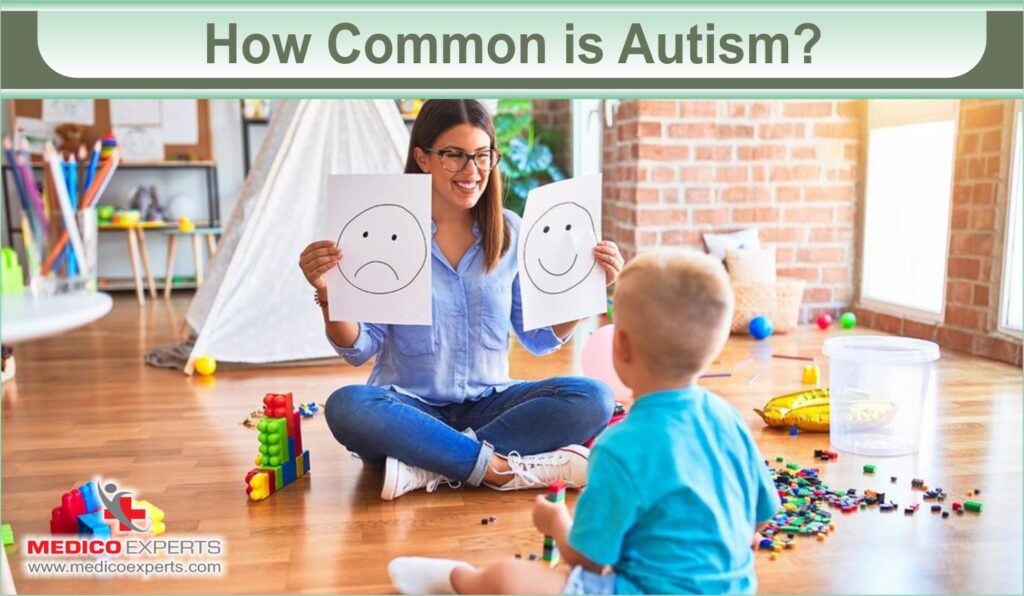
Recent estimates from the Centers for Disease Control and Prevention (CDC) reveal that approximately 1 in 36 children has been diagnosed with autism spectrum disorder (ASD).
This marks a steady increase in the prevalence rates over the past decades, highlighting the growing awareness and diagnosis of the condition.
Autism impacts children across various racial, ethnic, and socioeconomic backgrounds, with boys being approximately four times more likely to be affected than girls.
What are the Signs of Autism in Children?
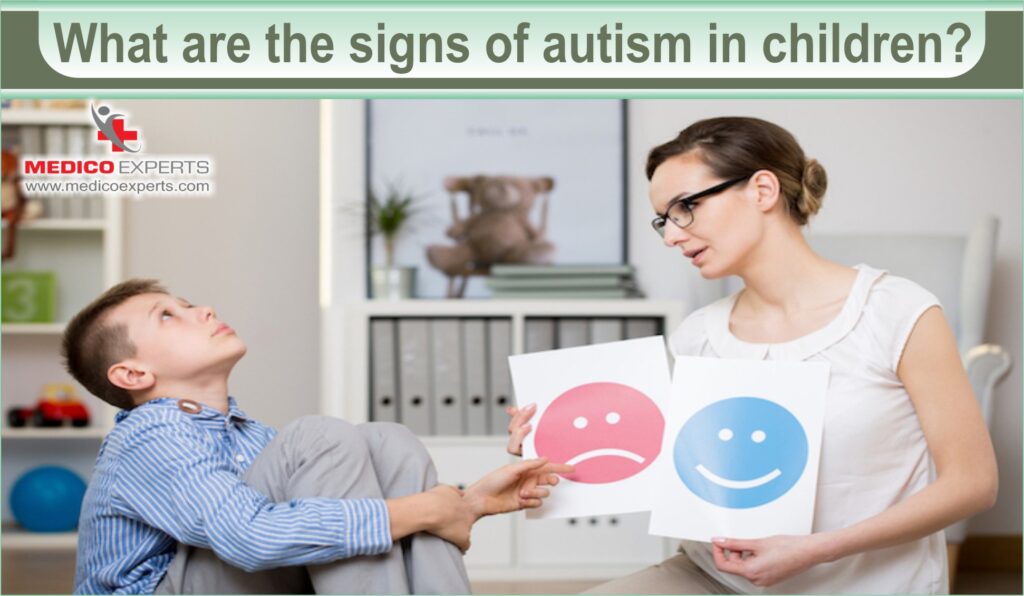
Early recognition of autism can play a crucial role in how effectively it can be managed.
Some of the possible signs of autism in children include:
- Avoids eye contact: Autistic kids might be very shy and look away when talking or being spoken to, a lot or all the time.
- Acts distant: Sometimes, they seem lost in their thoughts and may not respond when someone talks to them.
- Stick to routines: Following a set way of doing things makes them feel safe. Any changes can upset them.
- Struggles with changes: They can handle tasks meant for their age but find it tough to switch activities or try new methods.
- Hard to see others’ point of view: Understanding what others think or feel can be challenging for an autistic child.
- Difficulty in new social settings: They may get upset in new social situations and have trouble understanding social rules and expectations.
- Issues with making and keeping friends: Autistic children find it hard to engage in pretend play, make friends or share interests.
- Repetitive actions: They may repeat actions, activities, movements, or words, like lining up objects repeatedly.
- Focused interests: Autistic children may have few interests but know a lot about them.
- Sensitive or indifferent to sensations: Some might be very sensitive to touch, noise, or other sensations, while others may not react much to sensory changes like extreme temperatures.
Identifying these signs early can lead to earlier intervention, which is often key in helping children with autism develop to their full potential.
How is Autism Diagnosed?
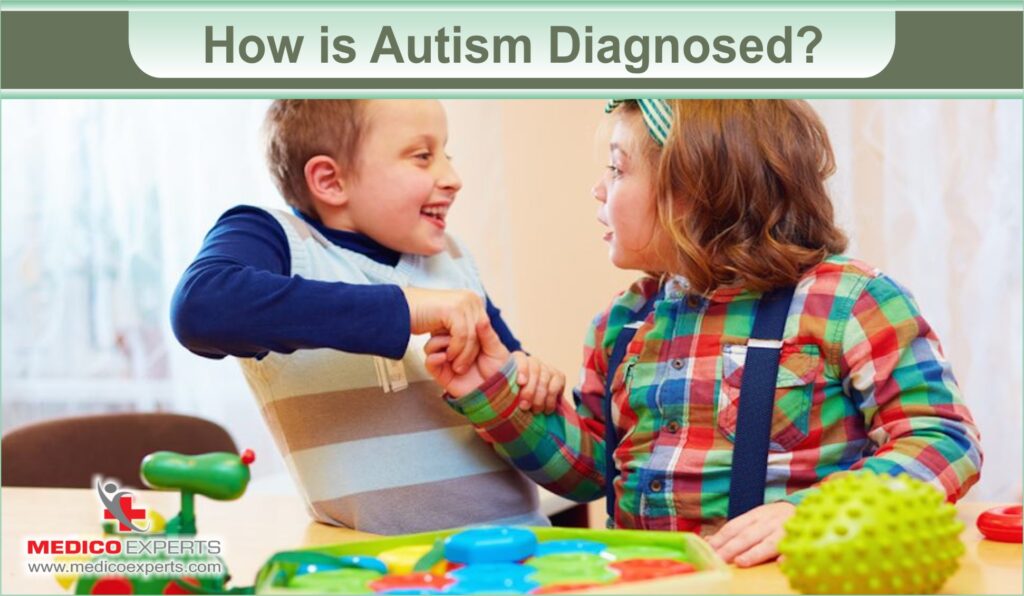
An autism diagnosis doesn’t rely on blood tests, X-rays, or lab exams. Rather, keen observation plays a crucial role in detecting autism. Research indicates that the average age for the first intervention in the U.S. is 4.7 years, as reported by the National Autism Data Center.
More factors are as follows:
- Initial evaluation for autism involves input from parents, teachers, and caregivers to assess a child’s progress in hitting developmental milestones.
- Pediatricians monitor growth during checkups, but your observations are crucial in early autism detection.
- Doctors focus on missed milestones like lack of eye contact or absence of pretend play to identify autism.
- Suspected autism leads to specific diagnostic criteria assessment by a pediatrician or specialist. The criteria for autism spectrum disorder involve social communication deficits, repetitive behaviors, early developmental symptoms, and non-intellectual disability-related disturbances.
What are the Treatment Options to Improve the Autism Traits Over Time?
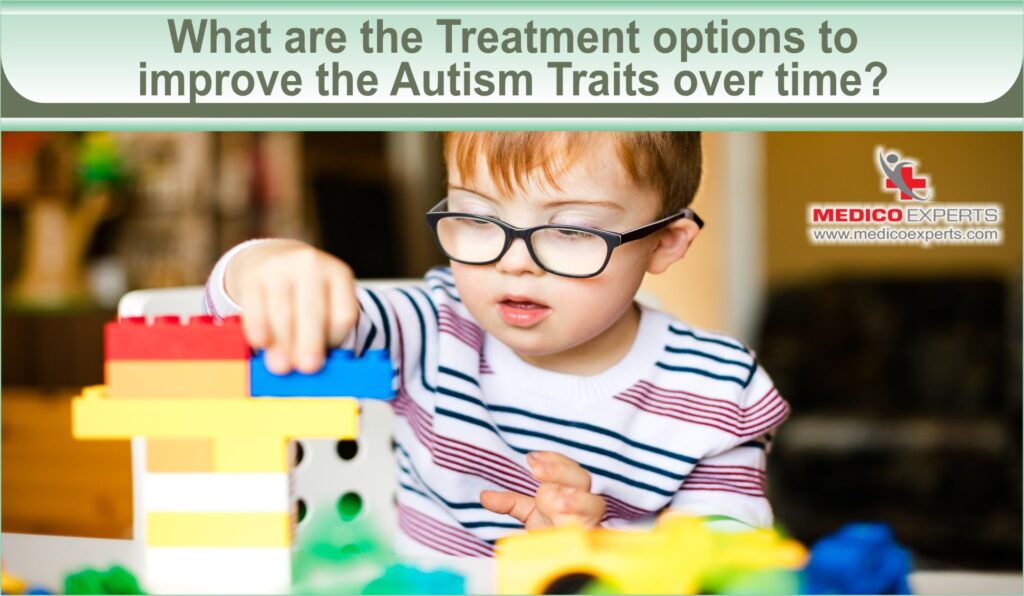
Combining treatment options brings the best of different approaches under one roof. Also, a treatment plan that combines different therapies and approaches and personalizes them as per the child’s symptoms, age, and overall health.
A holistic strategy addresses multiple aspects of autism, including behavioral, neurological, and emotional growth. Early diagnosis and interventions, specifically in preschool, are of greater help to manage symptoms and develop skills in the long run.
MedicoExperts’ Combination Therapy for Autism

Autism affects every child differently, which is why single-approach treatments fail to deliver meaningful results most of the time. At MedicoExperts, we offer combination therapy, a doctor-guided treatment plan that blends the best of modern science (like stem cell therapy) with holistic practices (Ayurveda and homeopathy). By doing so, we address your child’s unique needs.
This method supports brain healing, improves communication, reduces meltdowns, and promotes calmness and independence.
With personalized plans focusing on your child’s age and symptoms and a team of specialists from different medical sciences working together, we ensure your child gets the most effective care possible.
Parents who have chosen Combination Therapy with MedicoExperts have reported visible improvements in just 60–90 days in better speech, eye contact, reduced aggression, and improved daily living skills.
Talk to our experts today and take the first step toward a brighter future for your child.
Conclusion
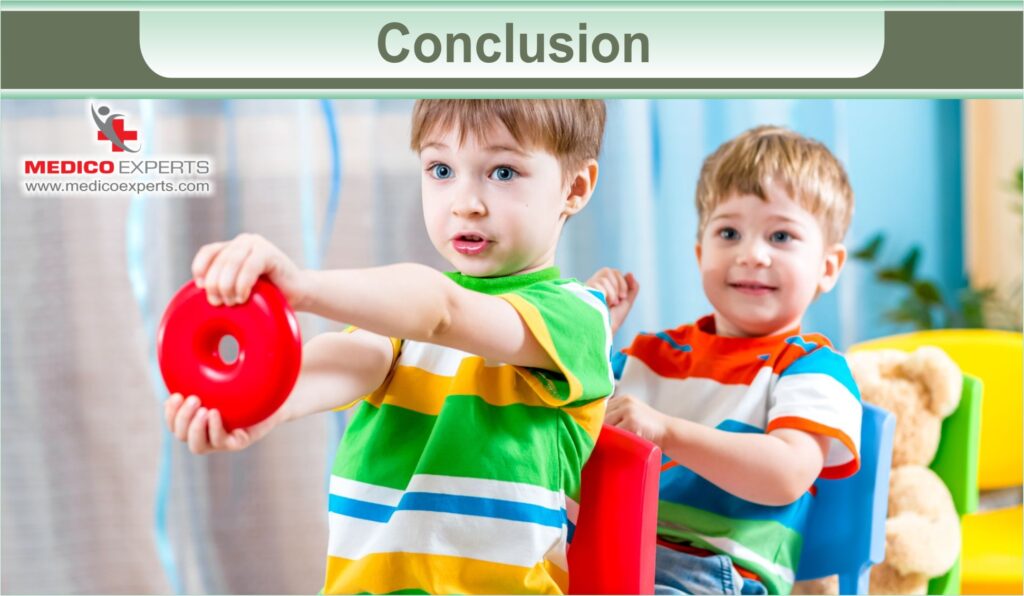
While autism is a lifelong condition and its symptoms do not go away with age, the way it impacts your child can be significantly improved with the right care and support. Early diagnosis and timely intervention are important, but the real difference comes from choosing an approach that looks beyond a single therapy.
MedicoExperts’ combination therapy follows a personalized care model that blends modern medical advancements like stem cell therapy with holistic treatments such as Ayurveda and homeopathy, along with behavioral and occupational therapies.
This approach works on improving communication, social skills, and independence and helps your child achieve real, visible growth.
Frequently Asked Questions (FAQs):
Q. At what age is autism usually identified?
A. Autism can be identified as early as 18 months or younger. By the age of 2, a diagnosis made by a seasoned professional can be deemed highly dependable. However, many children may not receive a final diagnosis until much older.
Q. Can children with autism attend regular schools?
A. Yes, many children with autism can attend regular schools with or without additional support. It depends on the individual’s needs and the availability of special education services to help them succeed.
Q. How can I support my child with autism at home?
A. Supporting a child with autism at home involves creating a structured environment, using visual aids for communication, engaging in regular therapy sessions as recommended, and offering unconditional love and patience.
Q. Is there a genetic test for autism?
A. Currently, there is no single genetic test that can predict autism. However, genetic testing can sometimes identify genetic mutations that increase the risk of developing autism.
Q. Where can I find reliable information and support for autism?
MedicoExperts is an invaluable resource for families dealing with autism. They offer comprehensive information on autism, access to specialists, and support groups to help guide you through the process of diagnosis, treatment, and managing daily challenges.
References:-
https://www.cdc.gov/mmwr/volumes/72/ss/ss7202a1.htm?s_cid=ss7202a1_w
https://www.nhs.uk/conditions/autism/signs/children/
https://nationalautismdatacenter.org/age-of-service-delivery-start/
https://www.ncbi.nlm.nih.gov/pmc/articles/PMC5733418/#ref10
https://www.nichd.nih.gov/health/topics/autism/conditioninfo/treatments/parent-mediated
https://www.ncbi.nlm.nih.gov/pmc/articles/PMC4439475/



